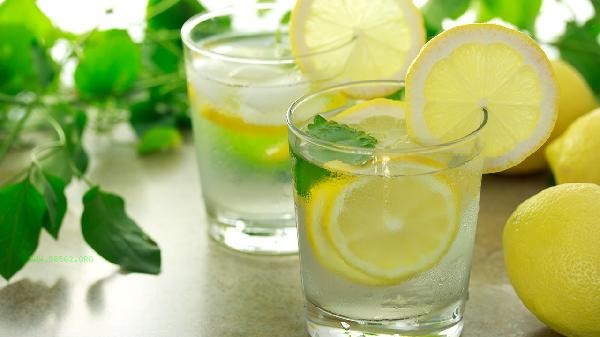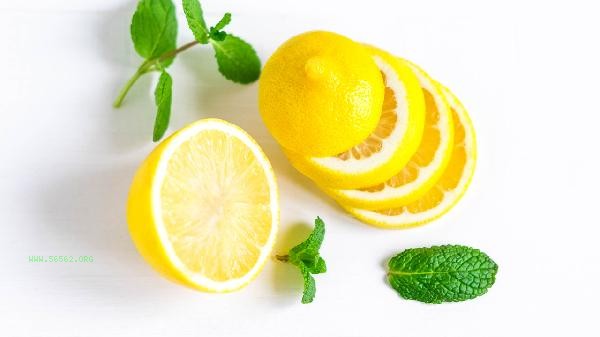Moderate consumption of lemon water can help supplement vitamin C, promote digestion, improve skin condition, assist in regulating blood pressure, and enhance immunity. The main benefits of lemon water come from its rich content of citric acid, vitamin C, and polyphenolic substances, which are suitable for daily consumption by most healthy people.

1. Supplementing Vitamin C
Lemon is a high-quality source of natural vitamin C, with approximately 22 milligrams of vitamin C per 100 grams of lemon juice. As a water-soluble antioxidant, vitamin C can help eliminate free radicals in the body and reduce oxidative stress damage to cells. Vitamin C also participates in collagen synthesis and plays an important role in maintaining skin elasticity and promoting wound healing. For people who lack fresh vegetables and fruits in their diet, lemon water can serve as a supplementary source of vitamin C, but it cannot replace the main intake pathway in their diet.
2. Promoting digestion
Citric acid in lemon water can stimulate saliva and gastric acid secretion. Drinking a small amount before meals can enhance appetite, and drinking after meals can help break down protein foods. For individuals with normal gastrointestinal function, moderate amounts of lemon water can alleviate mild bloating. However, patients with excessive stomach acid or gastroesophageal reflux should avoid drinking on an empty stomach to prevent worsening of acid reflux symptoms. It is recommended to control the temperature of lemon water at room temperature or warm to avoid chilling and stimulating the gastrointestinal mucosa.
3. Improving skin condition
Vitamin C and polyphenols in lemon water have antioxidant properties, which can inhibit melanin production and reduce skin photoaging caused by ultraviolet radiation. Long term regular consumption may increase skin radiance, but it needs to be combined with sun protection measures to show the effect. It should be noted that directly applying lemon juice to the skin may cause a photosensitive reaction, and it is also recommended to avoid immediate exposure to sunlight after drinking. People with sensitive skin should not consume more than 300 milliliters per day.

4. Auxiliary regulation of blood pressure
Lemon contains potassium elements that work synergistically with citrus flavonoids to promote sodium ion excretion, which may have a slight antihypertensive effect on sodium sensitive hypertensive individuals. Clinical studies have shown that drinking 500 milliliters of lemon water daily for four consecutive weeks can moderately reduce systolic blood pressure. But this effect cannot replace antihypertensive drugs and is only used as an auxiliary means of dietary intervention. Individuals with renal dysfunction should control their potassium intake under the guidance of a doctor.
5. Enhance immunity
Vitamin C regulates the immune system by supporting neutrophil function and epithelial barrier integrity. During the high incidence season of colds, moderate consumption of lemon water may reduce the probability of respiratory infections. However, enhancing immunity requires the synergistic effect of multiple nutrients such as protein and zinc, and the effectiveness of lemon water alone is limited. Children and the elderly can dilute it appropriately when drinking to avoid stimulating the oral and esophageal mucosa with acidity.

For drinking lemon water, it is recommended to choose fresh lemons and soak them in water at a temperature not exceeding 60 ℃ to preserve the active ingredients. It is advisable to brew 1-2 slices of lemon per day in 500 milliliters of water. Long term drinkers should pay attention to using a straw to reduce the erosion of tooth enamel, and rinse their mouth with water promptly after drinking. Special populations with gastrointestinal diseases, tooth sensitivity, etc. should adjust the concentration and drinking amount. Lemon water cannot replace daily drinking water, and a balanced diet is still the main way to obtain nutrients. If you experience stomach discomfort or allergic reactions, stop drinking immediately and consult a doctor.









Comments (0)
Leave a Comment
No comments yet
Be the first to share your thoughts!